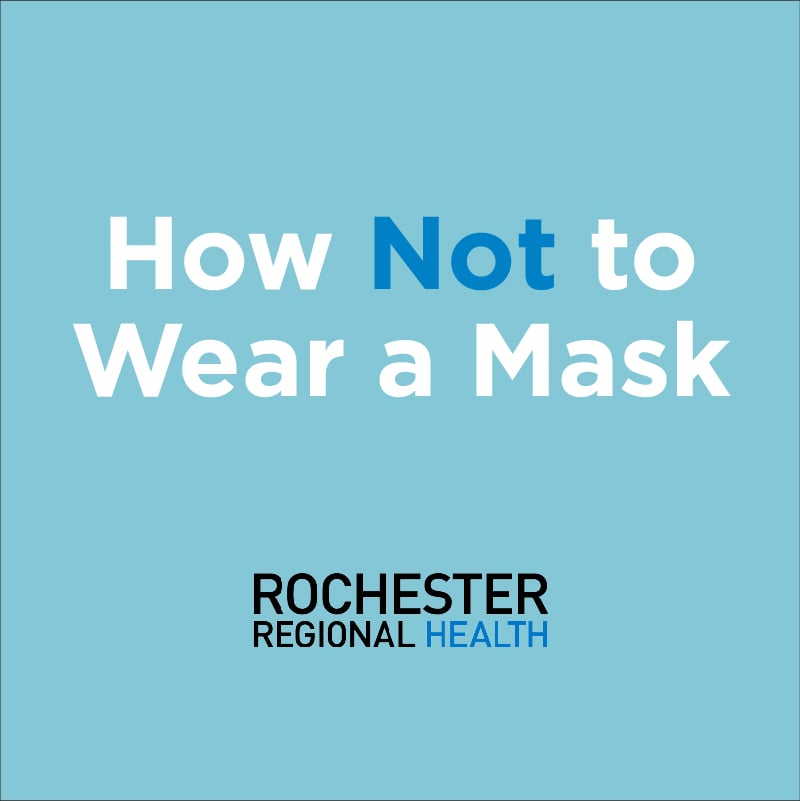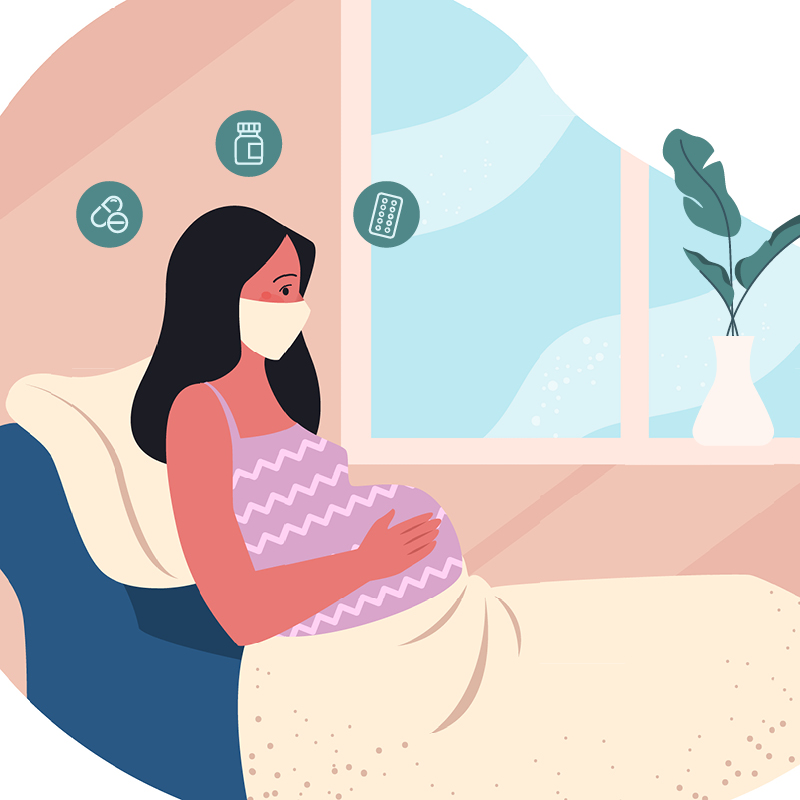Key Takeaways
- Antihistamines, cough suppressants, expectorants, nasal decongestants, and pain relievers can all help with different symptoms.
- Supplements like vitamin C or zinc might be helpful, but are not clinically proven to work in the same way over-the-counter medications are.
- If symptoms last more than 7-10 days, visit a healthcare provider.
Having a cold is a frustrating thing to deal with, no matter the season. Sometimes you can manage the symptoms without taking any medicine, but it may get to a point where you need to use over-the-counter (OTC) medications to get some relief.
Below you can learn about types of available over-the-counter cold medicines, when to use each type, and when you should see a provider to get more treatment.
Cold symptoms
Symptoms of the common cold are usually a stuffed or runny nose, coughing, sneezing, sore throat, and a headache. If you have these symptoms along with a fever, body aches or chills, you should test for the flu or COVID-19. Since colds are caused by viruses, medications can’t cure them.
OTC cold medicines are designed to help relieve the symptoms. Different ingredients in a cold medicine will treat specific symptoms of a cold.
Some of the types of medicines and the symptoms they relieve include:
- Antihistamines: Dry out runny noses and lessen sneezing
- Cough suppressants: Ease coughs
- Expectorants: Loosen mucus to allow it to be coughed up
- Nasal decongestants: Unclog stuffed up noses
- Pain relievers: Lessen headaches, ease sore throats, lighten general pain
Always read the labels on the medication you are taking. There is information about how certain medications interact with one another, as well as age limitations for children. Failing to pay attention to these labels could result in serious health problems.
Taking supplements for a cold
Taking supplements such as Vitamin C, Echinacea, or zinc to treat cold symptoms is not harmful, but it is important to note that they are not clinically proven to provide relief in the same way as OTC medicines.
Non-medication cold remedies
There are several home remedies that can be used to relieve symptoms of a cold. If you prefer to avoid medicine or want to complement it with natural remedies, consider these options:
- Drinking warm/hot tea to relieve sore throat pain
- Drinking plenty of water
- Gargling with salt water to relieve sore throat pain
- Getting more sleep than usual
- Using humidifiers to keep air moist
- Using saline nasal sprays
When to seek medical attention
While most colds go away on their own with rest, there are times when you should consult a healthcare provider – especially if any of the following starts to happen:
- If you have a fever lasting more than 3 days
- If cold symptoms last more than 7-10 days
- If you experience difficulty breathing
- If symptoms worsen or new ones develop
People want to know how to get over a cold fast, but most of the time, the only answer is to give your body the rest it needs to get healthy again.









